On the Way to German Chardonnay 2.0
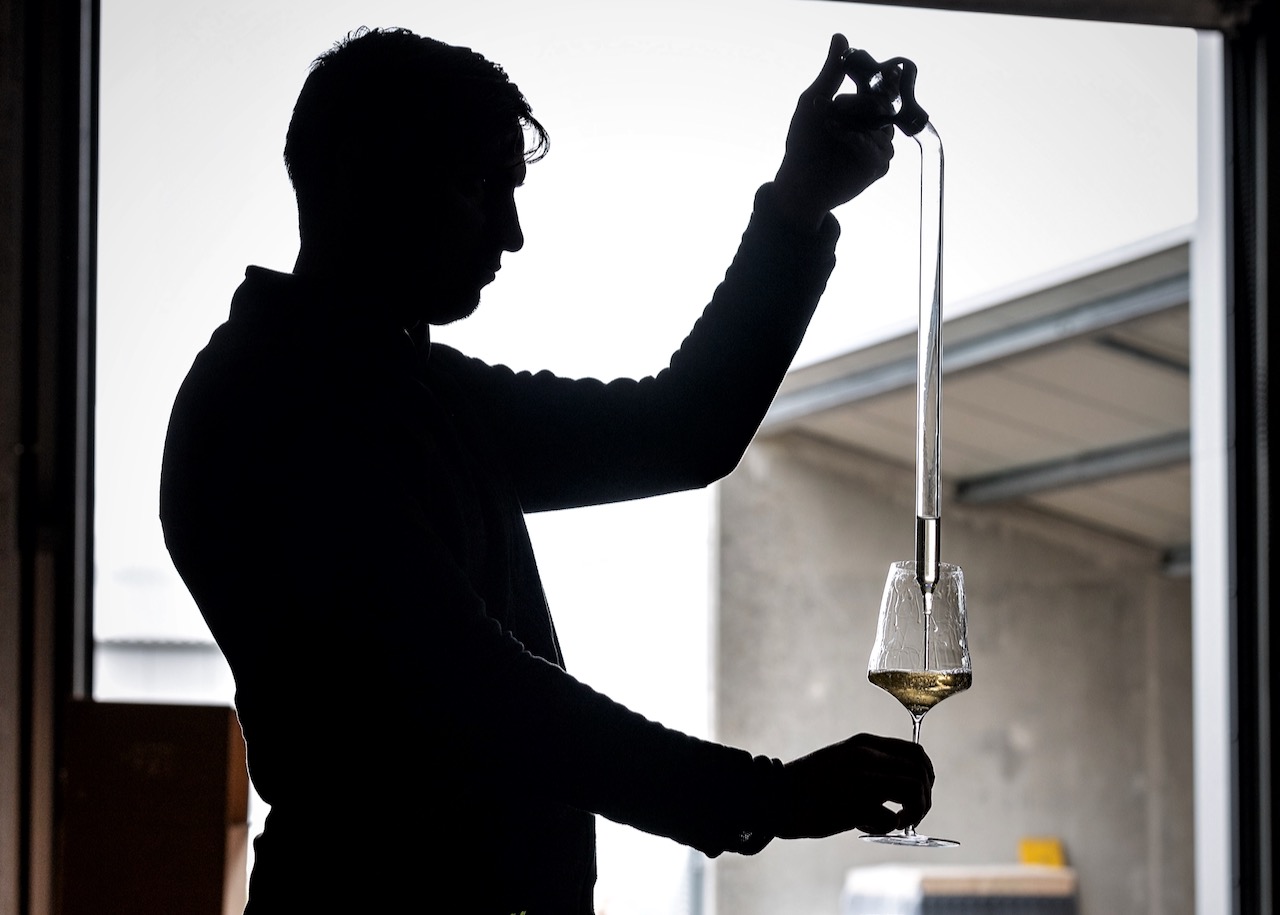
German Chardonnay may be the most thrilling wine for our moment.

German Chardonnay may be the most thrilling wine for our moment.
Christoph Raffelt is one of an exciting new vanguard of voices when it comes to German wine. And voices is not a euphemism here, as it is indeed his voice together with his stellar cast of winemakers and guests that come together on his monthly podcast Originalverkorkt.de; while his words appear in his online magazine of the same name. He's been on the road since 2016 with Büro für Wein & Kommunikation as a freelance journalist, copywriter and all-round wordsmith. His work has appeared in such esteemed publications as Meiningers, Weinwirtschaft, Weinwelt, Sommelier, Champagne-Magazin and Schluck.
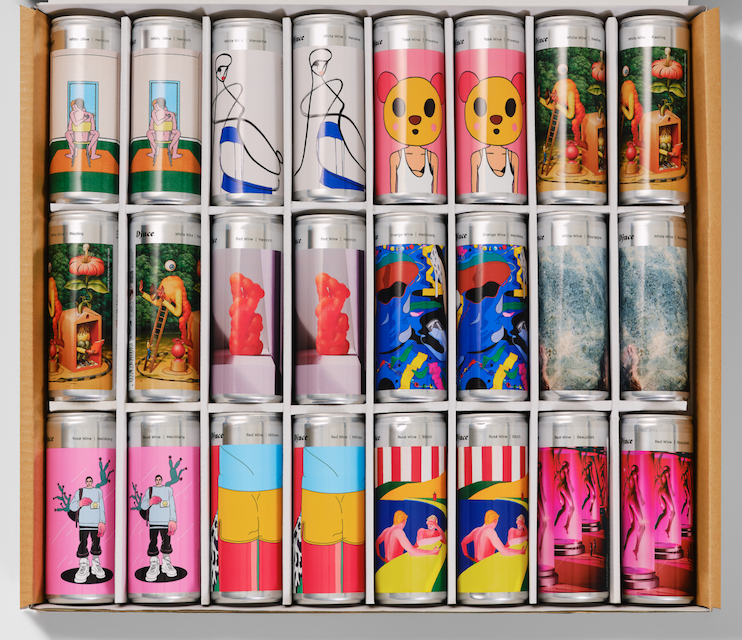
Djuce first entered my periphery late last year at the New York City iteration of Karakterre’s natural wine fair. Amid a cheerful invasion of producers from what has winningly been dubbed “the Austro-Hipsterian Empire,” I narrowed my focus to taste at some touchstones of Austrian natural wine — Judith Beck, Zillinger, Heinrich, Meinklang, Nittnaus, Weninger. Hurrying between offerings of electric-amped Grüner Veltliner and ethereal Blaufränkisch, I brushed by a small table stacked with slim, colorful cans and a paper sign that read “Djuce.” I paused just long enough to register an internal eye roll at what I assumed was the bro-culture spelling and reflexive ecoism of yet…...
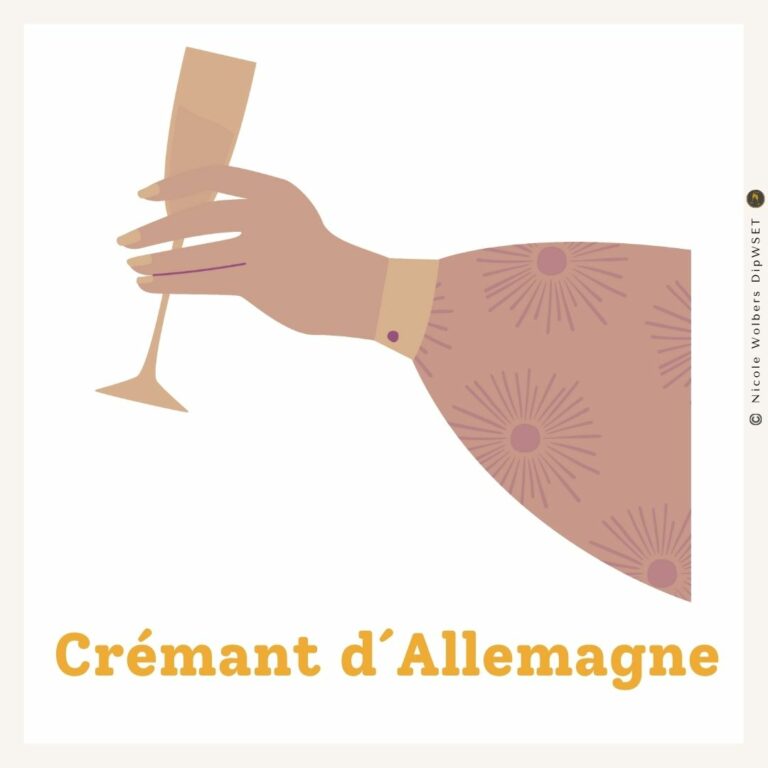
German Crémant is one of sparkling wine’s best-kept secrets. The high-quality classification requires strict hand harvesting and whole-bunch pressing to ensure that only the purest juice is used. Since its legalization over a decade ago, it has built a sparkling identity for itself, separate from its more established cousin Sekt. As one of the world’s best-selling sparkling style, crémant has at some point most likely graced your glass. Wine aficionados appreciate it for its delicate mousse, high quality, and ultimate value. Yet even among those who know and love crémant, few are aware that, far from being the sole property…...
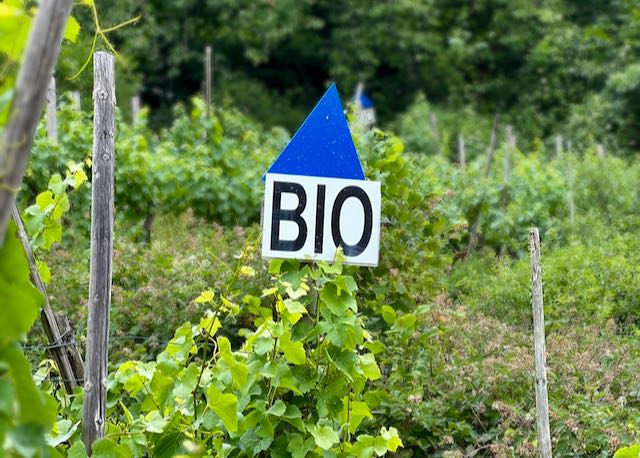
How catastrophe proved a catalyst for change, and helped Germany’s Pinot paradise find a new way to farm.
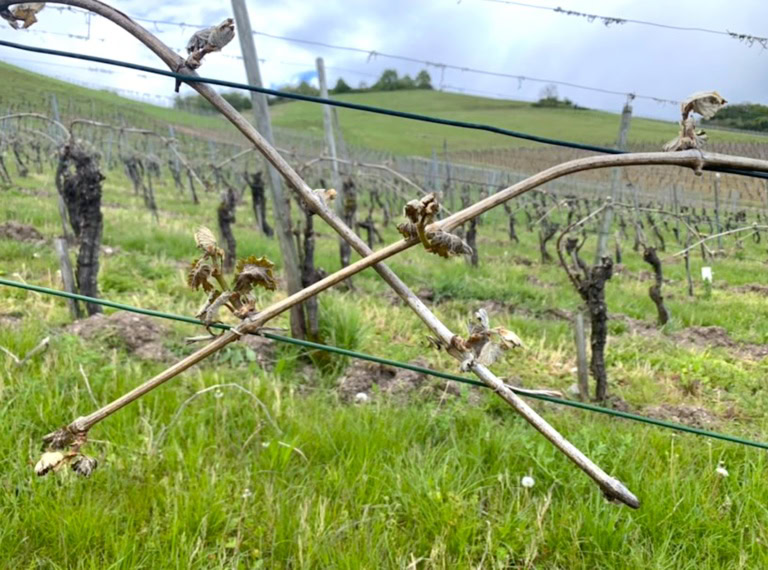
April arrived like a lamb and went out like a lion, leaving a swath of massive frost damage in its wake for the 2024 vintage.
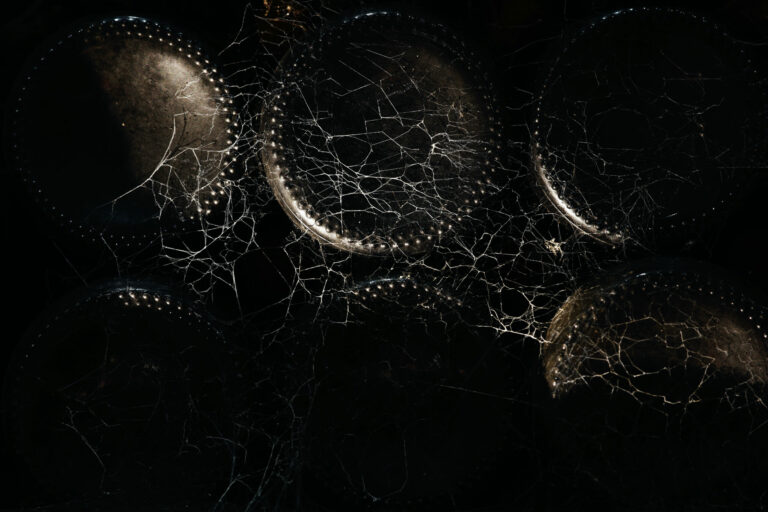
While artists throughout the ages have longed to catch time in a bottle, it is winemakers who have indeed come closest to achieving this noblest of goals. A fine wine captures not just a single moment, but the span of a vintage, a lifetime, of eons of geology. A liquid suspension of sugar, acids, ethanol, tannins, phenolics, and chemical compounds can become a remarkable crucible of climate, soil, and vision. Yet unlike many other artistic disciplines, there is no fixed point at which the winemaker can lay down his pen or her brush and declare the bottle finished. There are certainly…...
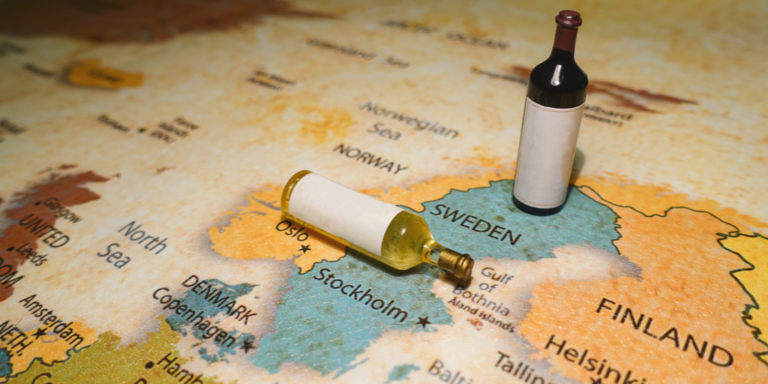
For decades, America was indeed the promised land: A vast nation of eager consumers with a low bar for entry. German winemakers were among the throng of sellers vying to win a sliver of Americans’ massive spending power. But times — along with politics and tariffs — have changed. Now, German winemakers are finding that their most loyal and free-spending audience may actually be up north. How Did We Get Here? The public’s perception of German wine is capricious; more so, arguably, than that of any other wine-producing nation. After rising to prominence over the 19th century, German wine suffered…...
Enjoy unlimited access to TRINK! | Subscribe Today